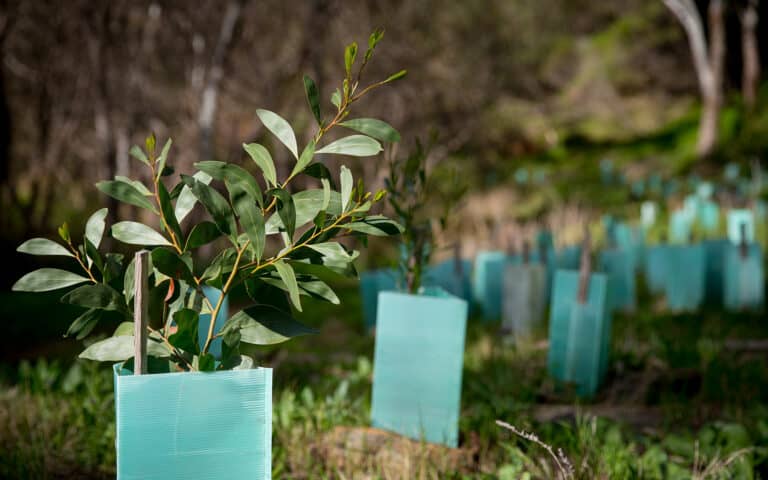RHRD and National Disability Insurance Agency [2022] AATA 1766
Introduction
This case concerns an appeal of a decision made by the National Disability Insurance Agency (the NDIA) regarding whether items purchased for the applicant are both reasonable and necessary under section 34(1) of the National Disability Insurance Scheme Act 2013 (Cth) (the NDIS Act) and would include items such as a Thermomix all in one kitchen machine, garden shed kit, a car fridge/freezer, and a 1500 W pure sine wave power inverter.
Background
The respondent (NDIA) approved the applicant’s claim on 29 June 2020 for $118,452.53. The applicant’s mother then sought a review of this decision pursuant to section 100 of the NDIS Act on behalf of the applicant.
The respondent then increased the core budget to $158,058.35 but refused to include the request for funding for a car fridge/freezer, inverter, Thermomix and garden shed kit.
The applicant’s mother then made an application to the NDIS Divisions of the Administrative Appeals Tribunal for a review of the internal decision. Pursuant to section 42D of the Administrative Appeals Tribunal Act 1975 (Cth) and by agreement of the parties, the internal decision was reviewed by the CEO of NDIA. The total funded support was increased again to $259,584.27 but again did not include funding for the items in question. It is this decision that was made by the respondent that is being reviewed by the Tribunal in this case.
Facts
The applicant’s diagnoses include Turner Syndrome, Autism Spectrum Disorder level 2 and global developmental delay as well as other disabilities. RHRD is unable to eat her own food and instead requires her food to be fed through a feeding tube. RHRD requires her milk formula pouch to be changed every four hours as well as an ice brick to keep the formula at safe temperatures for that duration.
This case concerns the NDIS funding that was allocated for RHRD, a four and a half year old female, and four items purchased by the family.
Car fridge/freezer and power inverter
When RHRD has medical appointments, it can take up to 6 hours – this includes travel time and the appointment itself. The family also goes camping as a means of spending time together. Without a way to refreeze the ice bricks or charge the applicant’s feeding pump, RHRD would not be able to attend these trips. This is the reason that a car fridge/freezer as well as a power inverter to power the car fridge/freezer were purchased as support devices for RHRD.
Garden shed kit
As part of her physiotherapy, RHRD requires the use of several large pieces of equipment that were claimed to not be able to fit within the family home. The equipment was required to be stored out of the elements to preserve the equipment from weather damage. The solution reached by the family was to buy a garden shed kit to store the equipment within the shed on the veranda of the family home. The respondent suggested that the issue was with the size of the family home’s storage capability and not with the equipment size itself.
Thermomix
RHRD has specific requirements relating to food – it needs to be cooked and blended sufficiently to be suitable for her feeding tube. RHRD’s mother purchased a Thermomix, as it is capable of heating, mixing and blending the food through one device. The respondent argued that as the funding had allowed for a Vitamix to perform this role, it is unnecessary to have a Thermomix as well.
Issue
The issue before the Tribunal was whether the four items purchased were reasonable and necessary in accordance with s 34(1) of the NDIS Act.
Law
The Tribunal is required to stand in the position of the NDIA and consider whether the correct and preferable decision was to deny funding for the car freezer/fridge, power inverter, Thermomix and garden shed kit. Specifically, whether those items meet the requirements outlined in s 34(1) of the NDIS Act.
Pursuant to this section all general supports given by the NDIA CEO must be reasonable and necessary and satisfy all the requirements under s 34(1) (a) through (f) including but not limited to:
- Helping the participant pursue the goals, objectives and aspirations outlined in the participant’s statement.
- Supporting the participant to undertake activities to facilitate the participant’s social and economic participation.
- The supports must represent value for money in relation to the benefits they achieve to the alternatives and to be effective and beneficial to the participant.
- Considering what is reasonable for families and carers to provide.
- Whether it is appropriate that the funding should be provided through the NDIS.
Decision
First, in relation to the Thermomix, the Tribunal took into consideration that the applicant could have used other devices such as a Vitamix or a hand-held mouli for the blending of the food. However, the Tribunal stated that although these other devices will blend the food, they do not heat, weigh and blend the food automatically as the Thermomix does. In considering section 34(1)(c), whether the Thermomix represents value for money, the Tribunal highlighted that of the devices that perform a similar job as a Thermomix, some are more expensive and some are cheaper, however, the effectiveness and quality of the Thermomix device means that it does satisfy this section when compared with other devices capable of similar functions.
The Tribunal also considered the car/fridge freezer under this section and determined that it met the requirements as the camping trips were to remote places without electricity and other options were unable to re-freeze the ice blocks to ensure that RHRD’s feed packs were kept at a safe temperature.
Based on the evidence before the Tribunal, they also determined that the power inverter satisfied the requirements set out in s 34(1), as it went towards the goal of allowing RHRD to explore her surroundings as well as for the reasons mentioned prior and to power the fridge and feeding pack. It was determined that the alternatives suggested by the respondent of an esky/ice box or Thermo cooler were not adequate.
Finally, the Tribunal decided that the garden shed kit was reasonable and necessary for the storage of RHRD’s physiotherapy equipment and was outside of what would be expected to be stored in the family home. The respondent suggested that alternatively they could have stored the equipment on the veranda or that the issue of storage at the family home is an issue pertaining to the residence and not to RHRD. The alternatives suggested were determined by the Tribunal to be insufficient for the storage of the equipment.
Compliance Impact
This decision demonstrates that individual circumstances play a key role in determining what will be funded under an NDIS plan as a reasonable and necessary support. It also highlights that value for money incorporates specific functions of a device purchased as well as the quality and effectiveness of that item when compared to alternatives.




